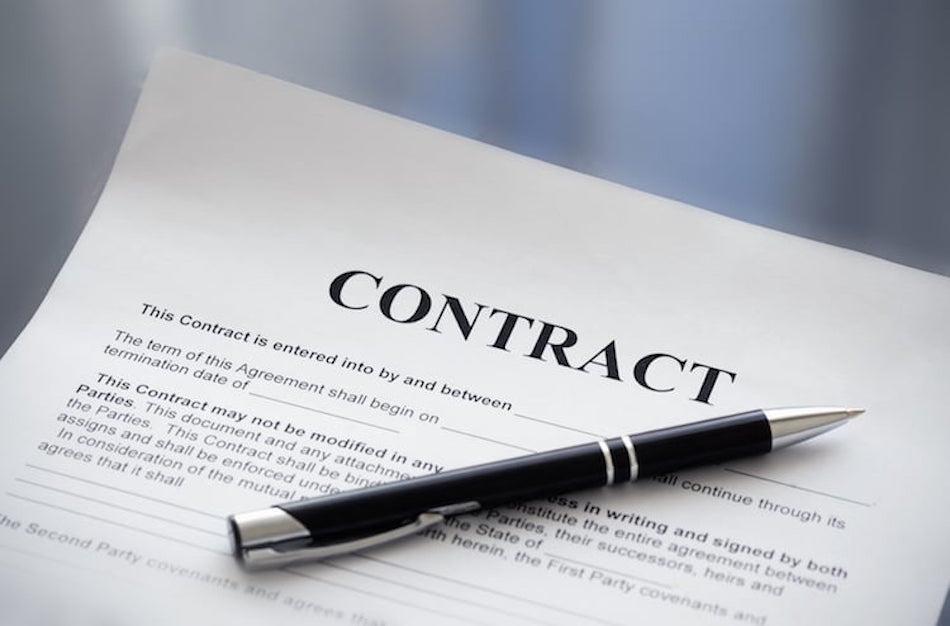Since a real estate contract is a legally binding document between a buyer and a seller, it’s important to ensure that all critical conditions are included to protect your interests. Overlooking essential clauses can lead to significant financial and legal consequences. To help avoid any issues, here are 6 contingencies to have in the real estate contract when buying a home.
1. Home inspection contingency
A home inspection contingency allows the buyer to hire a professional to assess the property’s condition. This ensures that the buyer is aware of any potential issues before finalizing the purchase. For example, a buyer might include a clause giving them ten days to conduct a home inspection. And if significant problems are found, they can negotiate repairs or cancel the contract.
This clause is crucial for uncovering hidden defects that could require costly repairs. It allows the buyer to make an informed decision based on the property’s true condition. Furthermore, it can serve as a negotiating tool to request necessary repairs or price adjustments from the seller.
2. Financing contingency
What every lawyer, including experts at CCS Legal, will tell you is that a financing contingency is a must in the real estate contract. It protects the buyer if they cannot secure a mortgage and without this clause, the buyer may lose their deposit if financing plans fail.
For instance, a buyer might include a clause stating they have 30 days to secure a mortgage approval. If they fail to obtain financing within this period, they can back out without penalty. This condition is especially important since it provides a safety net, ensuring buyers do not commit to a purchase they cannot financially see through.
3. Property appraisal contingency
A property appraisal contingency protects the buyer if the property is appraised for less than the agreed-upon price. This clause allows the buyer to renegotiate the price or cancel the deal. For example, if a home is sold for $300,000 but appraised at $280,000, the buyer can request a price reduction or terminate the contract.
This condition is vital in preventing buyers from overpaying for a property. It ensures that the buyer does not commit to a mortgage higher than the property’s worth, which can be financially ruinous. Moreover, it provides a fair deal for both parties to agree on a price that reflects the property’s market value.
4. Title contingency
A title contingency ensures the property has a clear title – free of liens or legal issues. This condition protects the buyer from future legal disputes over ownership. Let’s say a buyer might include a clause requiring the seller to provide a clear title report within 15 days. If the title is not clear, the buyer can walk away from the deal.
Securing a clear title is crucial to avoid unexpected legal complications. This clause protects the buyer from potential claims against the property, ensuring their ownership rights are indisputable. It also obliges the seller to resolve any title issues before the sale, promoting transparency and trust in the transaction.
5. Sale of Existing Home Contingency
Sale of existing home contingency protects buyers who need to sell their current home before purchasing a new one. Namely, it allows them to back out if they cannot sell their home in time. A buyer might include a clause stating they have 60 days to sell their current home. If they fail to do so, they can cancel the purchase without losing their deposit.
Additionally, this condition provides significant flexibility for buyers transitioning between homes. It prevents them from being financially burdened with two mortgages simultaneously. Also, it creates a timeline for the buyer to fit the sale of their current home with the purchase of the new one.
6. Property disclosure statement
A property disclosure statement outlines any known issues with the property. This contingency ensures transparency and can protect the buyer from unexpected problems. For example, the seller must disclose past flooding, termite damage, or structural issues. Buyers can use this information to make an informed decision about whether they will buy the property or back out of the deal.
This clause is crucial for uncovering hidden defects that might not be visible during a standard inspection. It holds the seller accountable for providing honest information about the property’s condition.
Lastly
A well-drafted real estate contract with these contingencies can protect both buyers and sellers. With them in place, you can ensure a smoother transaction and avoid potential legal disputes. However, remember to always consult with a real estate attorney to tailor your contract to your specific needs and circumstances.





